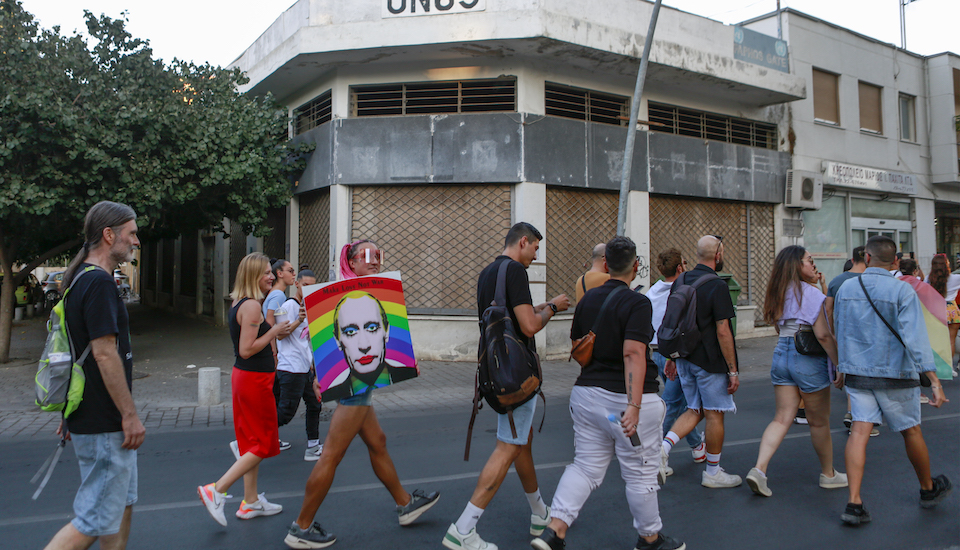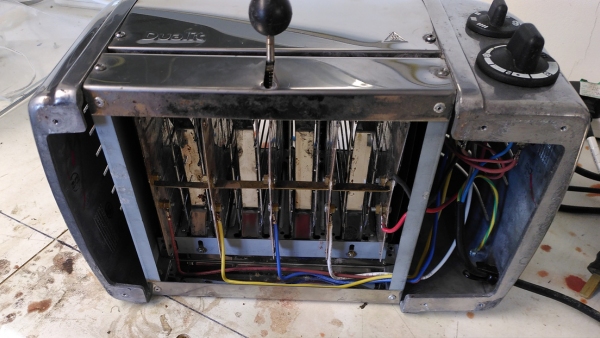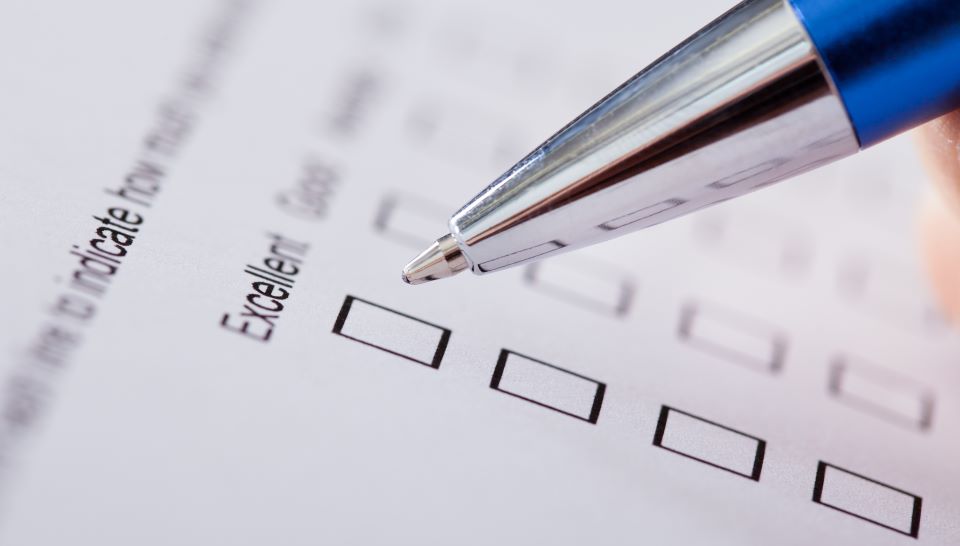Two weeks ago Anders Behring Breivik opened fire at Utøya and killed 68 people. The Norwegian government has responded by emphasising the country’s history of democracy and tolerance. Ann Kristin Glenster FRSA believes the massacre also raises issues of how national cultures value and generate empathy.
Anders Behring Breivik made his way to the youth summer camp of the Norwegian Labour Party after having detonated a several hundred pounds bomb in downtown Oslo that blew out the windows of the central government building, caused the evacuation of Akersgata (Norway’s answer to Fleet Street), killed eight people, damaged the prime minister’s office and tore into the heart of a nation. I do not know Breivik but I know the society that made him.
Breivik is an attractive, well-educated, white, conservative 32 year old. Like most Norwegians, he has benefitted from the great prosperity the country has enjoyed since stumbling upon black gold in the North Sea in the early 1970s. Only a few years, and a digit in our postcodes growing up, kept the two of us apart. We probably know some of the same people. Sooner or later, I am sure he would have been recommended to me as a Facebook friend.
He wanted to hurt the Norwegian Labour Party which he holds responsible for what he sees as destructive multiculturalism. I am no Labour supporter, and consider their underhanded grip on the nation problematic to say the least. But Breivik’s accusation is so far-fetched it does not merit any serious consideration. Taking matters into his own violent hands, he was willing to cast aside the enlightenment values of public debate, reason and universal humanism that underpin democracy. So what went wrong?
Norway has less than five million people. The population is overwhelmingly white and most of us can probably trace our ancestry directly to the Vikings. More than 94% are members of the State Lutheran Protestant Church, although few are regular church goers or practice faith in their daily lives. Until Norway began to import labour in the 1970s, the average Norwegian had hardly laid eyes on a Muslim person.
Yet Breivik has been seduced by the scaremongering practiced in recent years by the Norwegian media – even serious broadsheets – warning against the perceived Islamification of Norway. Sociologists such as Unni Wikan, Marianne Gullestad and Thomas Hylland Eriksen seem to have devoted entire academic careers to the relationship between Islam and Norwegian identity. This is despite the fact that, according to the Norwegian Islamic Council, Muslims make up less than 3% of the population and most Muslim people in Norway have settled in the east parts of Oslo, far from the sprawling villas and leafy gardens of Breivik’s childhood.
Looking at the name of his school, his area and circle of friends, it is highly likely that Breivik has never known a Norwegian Muslim. Furthermore, he cannot claim to have been down and out or to have suffered from a strained job market - Norway has hardly been touched by the global recession.
Breivik seems to be missing a firm grip on reality. However, it would be too easy to dismiss him as insane. Rather, I believe Breivik lacks the fundamental capacity for empathy. The youths at Utøya were white Norwegians, many only a decade younger than him. They shared his background, faith and national pride; they were his mirror reflection. Not only does he not have empathy for those he considered to be different; he even lacks the capacity to feel empathy for those closest to him.
Norway is a small, neutral, peace-loving country. It has soared from a combination of oil riches, a stable democracy, and the conformity of its population. The isolation from diversity continues to protect the country from political upheavals, from great debates and from radical shifts in society. All this wealth and opportunity, bred in a safe, insular bubble, has fostered a few generations who may be incredibly tolerant abroad, yet at times may also lack fundamental understanding and empathy for their neighbours at home. When everyone you know is conservative and well-off, it is hard to understand, or even accept someone who is not. For Breivik the identification with other human beings did not stop at a different skin colour, faith or yellow star crudely pinned over someone’s heart. He let humanity stop at a different political opinion.
In the wake of this tragedy, all the youth party organisations - across the political spectrum - have seen an upsurge in membership. There is an emerging consensus that the only way forward is the democratic process: nobody has called for vengeance and repeated opinion polls for the reinstatement of capital punishment have all been negative. But democracy is not enough. Only by strengthening our capacity for empathy and reason can we thrive as a caring, enlightened society.
Related articles
-
Worlds apart
Frank Gaffikin
We are at an inflexion point as a species with an increasing need for collaborative responses to the global crises we face.
-
Why aren't consumer durables durable?
Moray MacPhail
A tale of two toasters demonstrates the trade-offs that need to be considered when we're thinking about the long-term costs of how and what we consume.
-
You talked, we listened
Mike Thatcher
The RSA responds to feedback on the Journal from over 2,000 Fellows who completed a recent reader survey.



Join the discussion
Comments
Please login to post a comment or reply
Don't have an account? Click here to register.
i am drunk, but still i read this, and I believe, that RSA is a good thing.. Peace
What do ou mean when you write(quote): "I am no Labour supporter, and consider their underhanded grip on the nation problematic to say the least."
The first part I get, the second I do not understand.
Just curious, and member of the Labour party
The social sciences are fixed upon the nature and effects of tribalism, while the western mantra is multiculturalism. Holding the latter up to the light of the former is showing a stark naivete in what is essentially a one-way street in terms of expectations- empathetic or otherwise.
a brilliant piece of article. It summarizes all need to be said about the incident and I agree totally, Norway will remain intact and united.